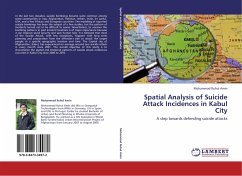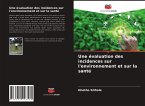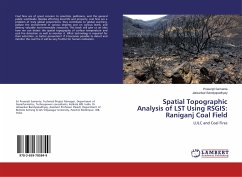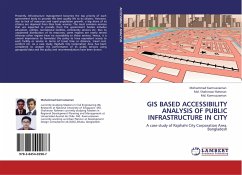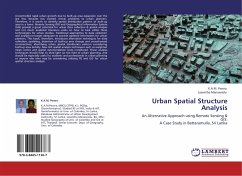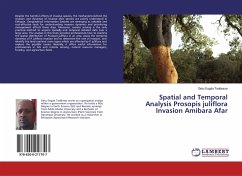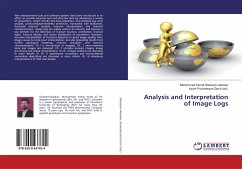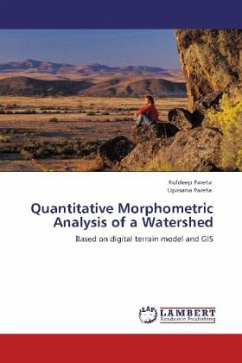In the last two decades, suicide bombings became quite common among some communities in Iraq, Afghanistan, Pakistan, Yemen, India, Sri Lanka, USA, and a few African and European countries. The modeling of reported suicide bombings has been the subject of a few studies, but the pattern of incidents turned out to be difficult to assess. Nevertheless, to uncover the bombing patterns in past incident locations is of major importance because it can improve social security and save human lives. It is believed that most of the Suicide Attack, with few exceptions, happens with long term planning and preparation from the offender's side to attack the target people at a specific geographic location and time. The Capital city of Afghanistan, Kabul, has experienced on average around one suicide attack in every month since 2001. The overall objective of this study is to characterize the spatial and temporal patterns of suicide attack incidences occurred in Kabul City since 2006 to 2010.
Bitte wählen Sie Ihr Anliegen aus.
Rechnungen
Retourenschein anfordern
Bestellstatus
Storno

